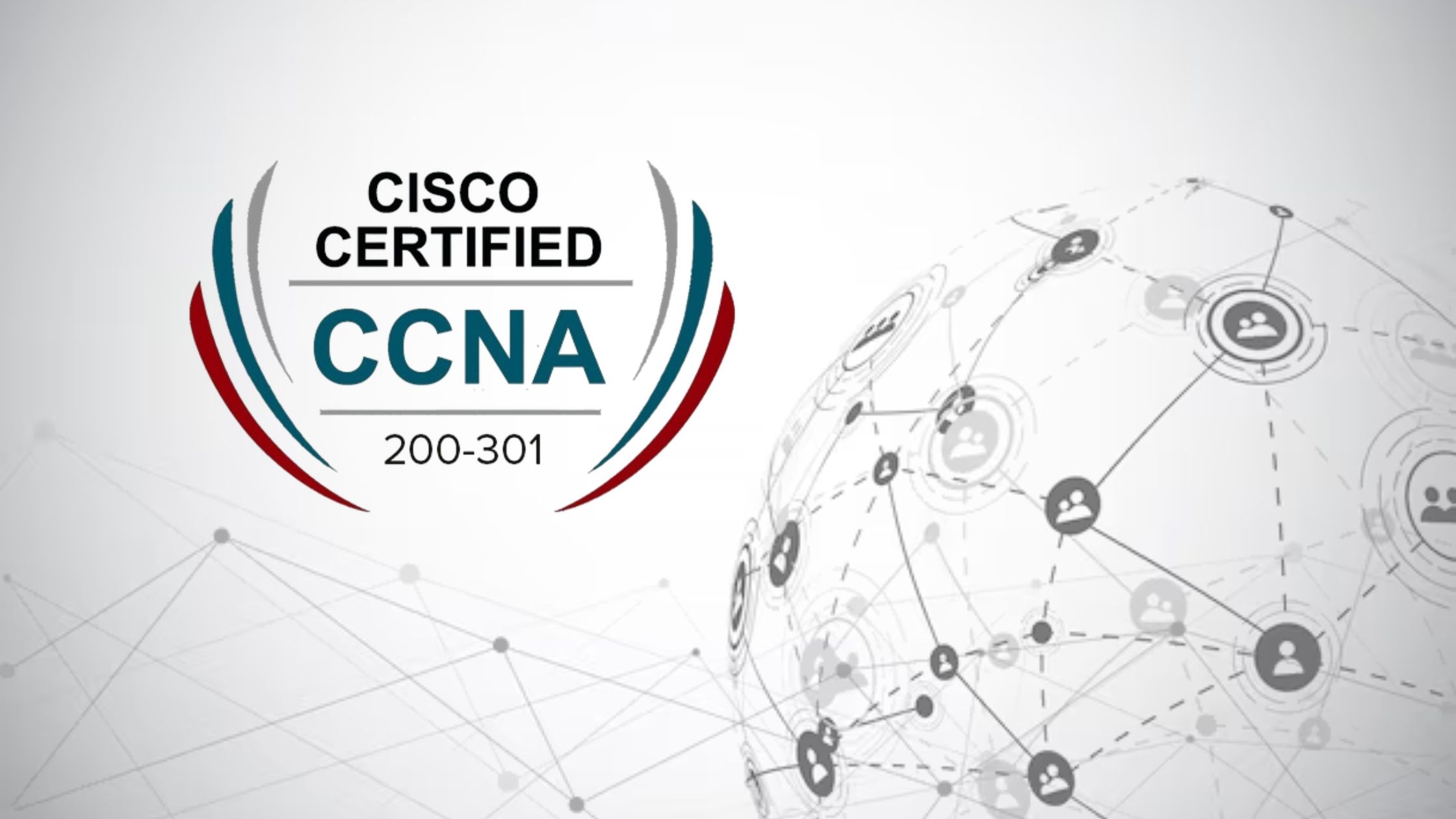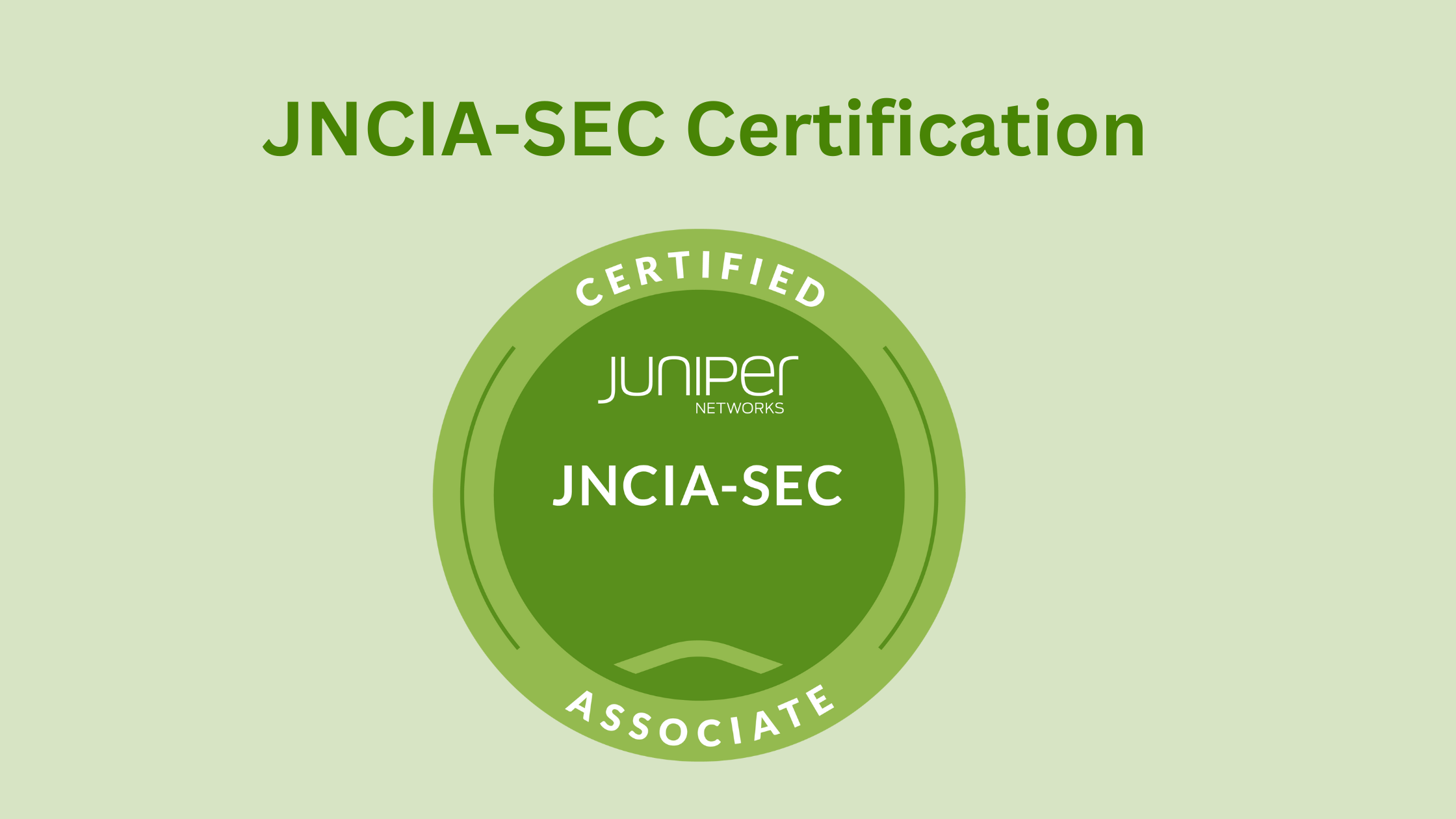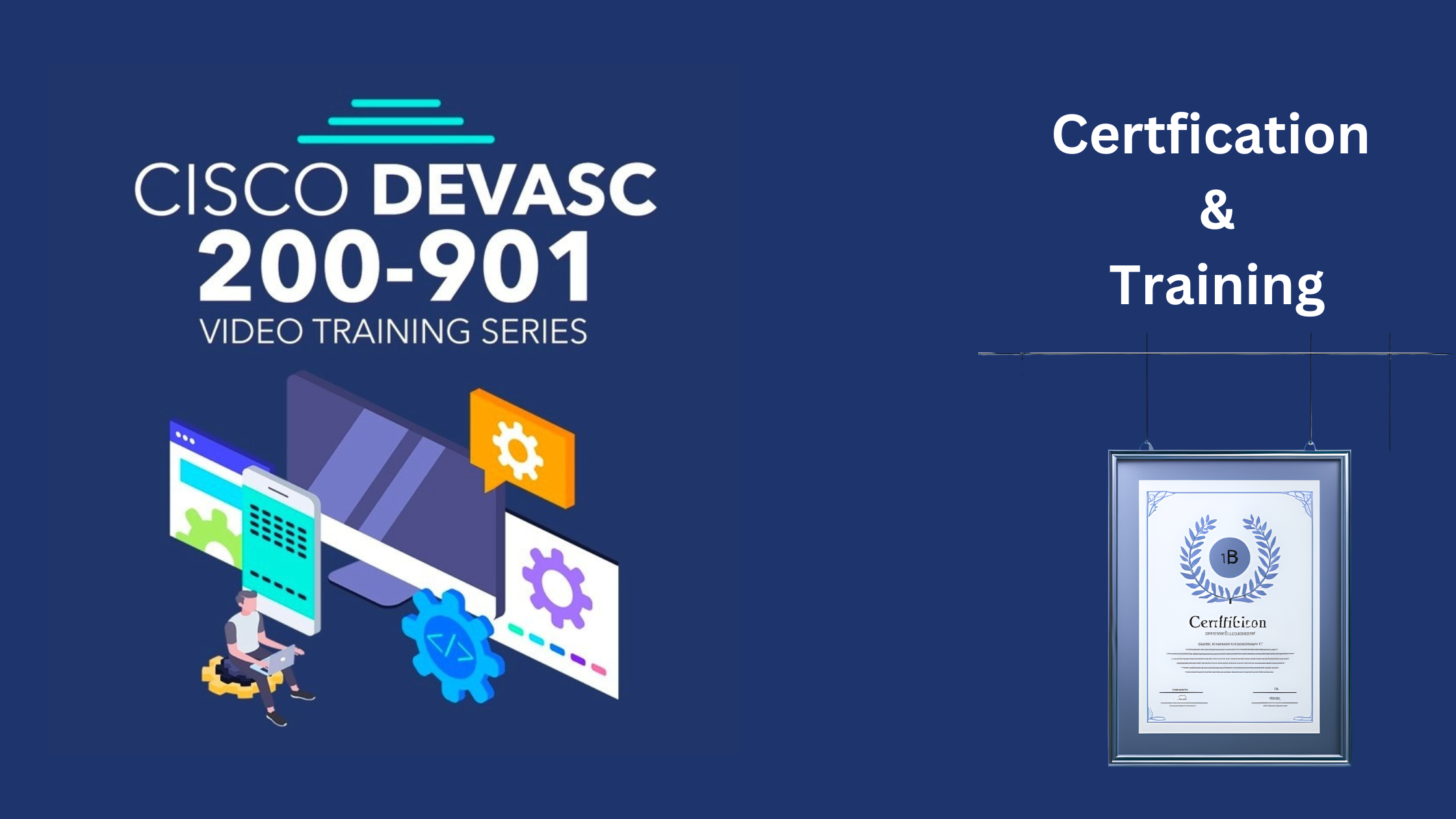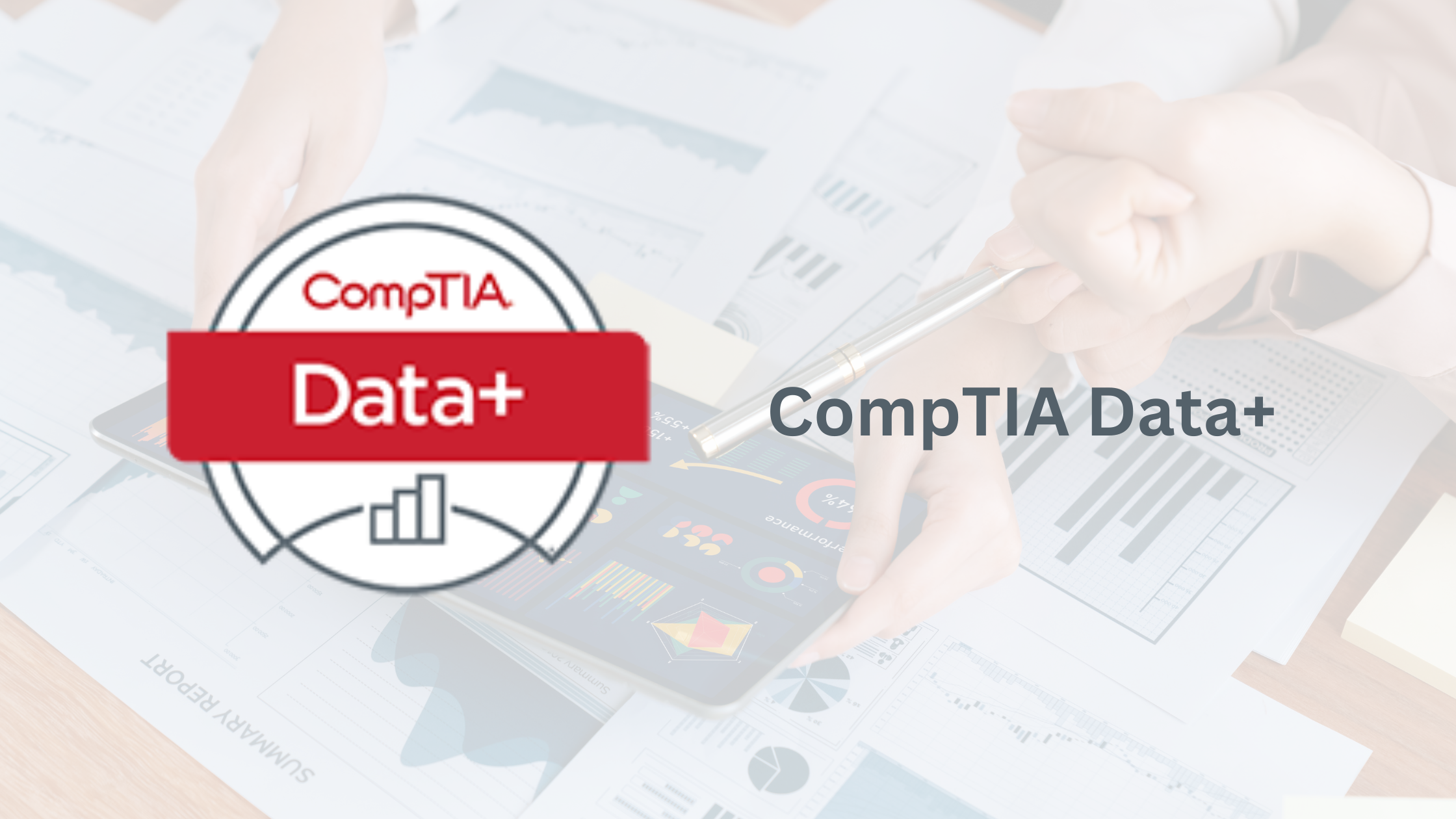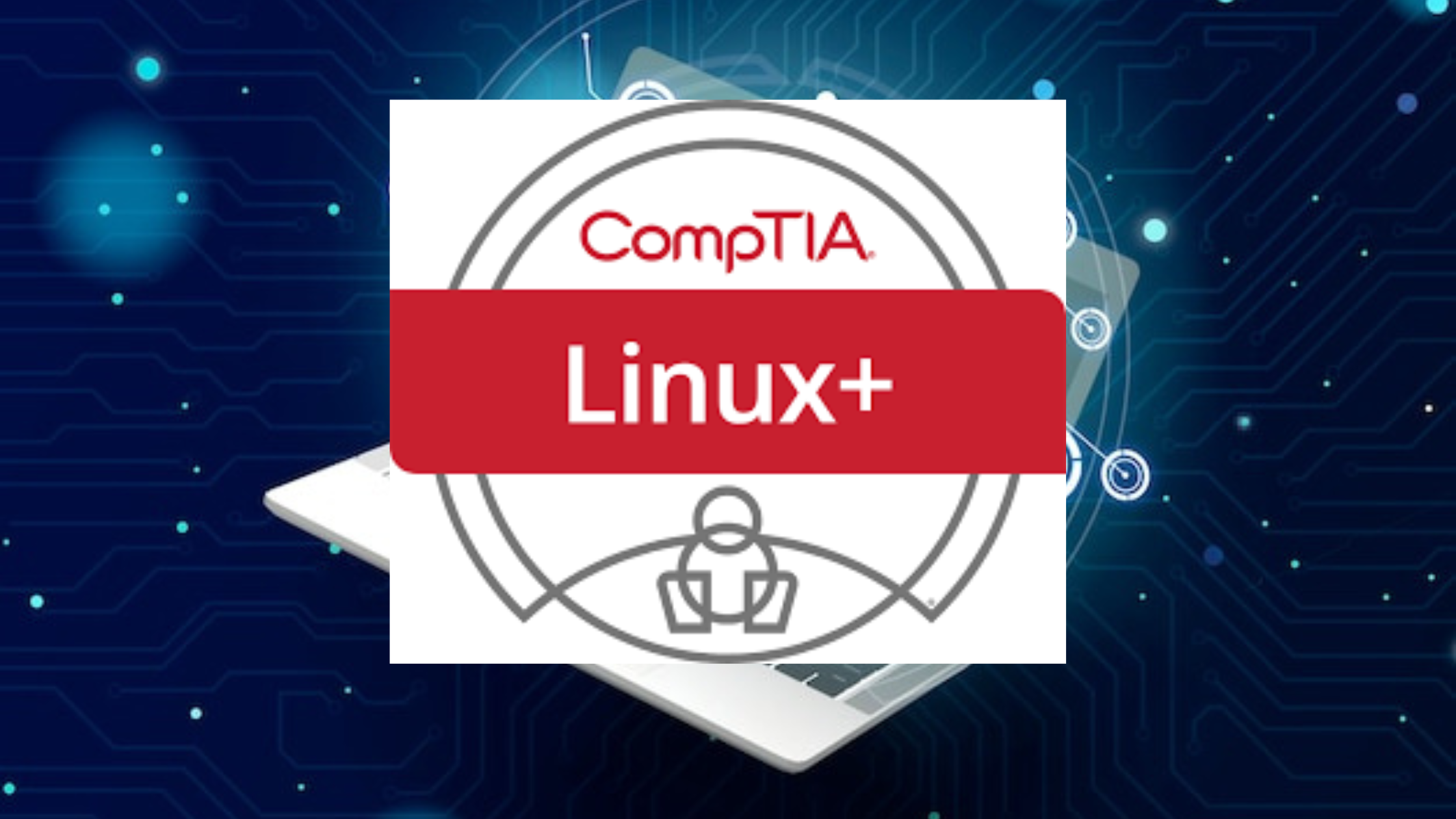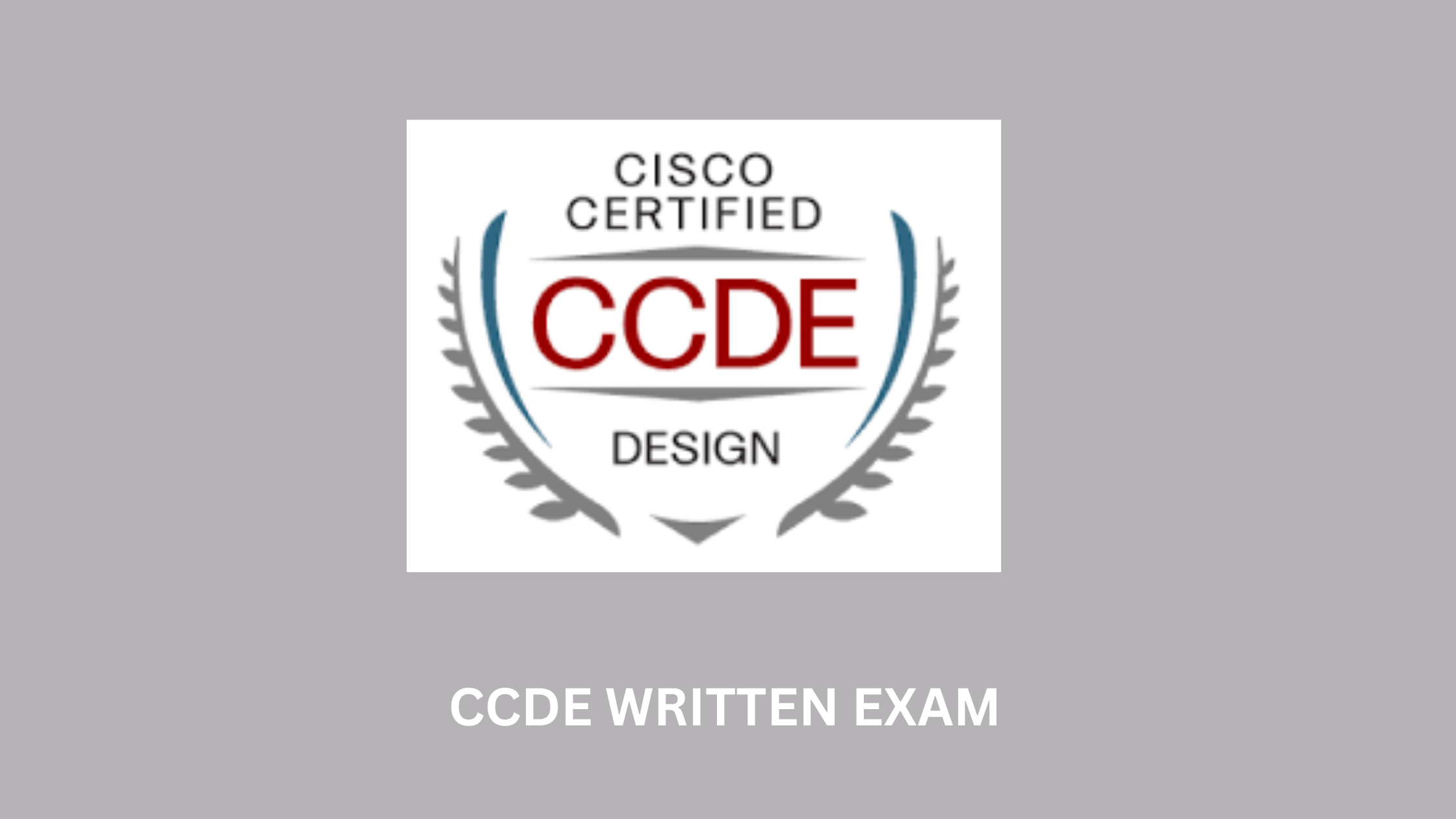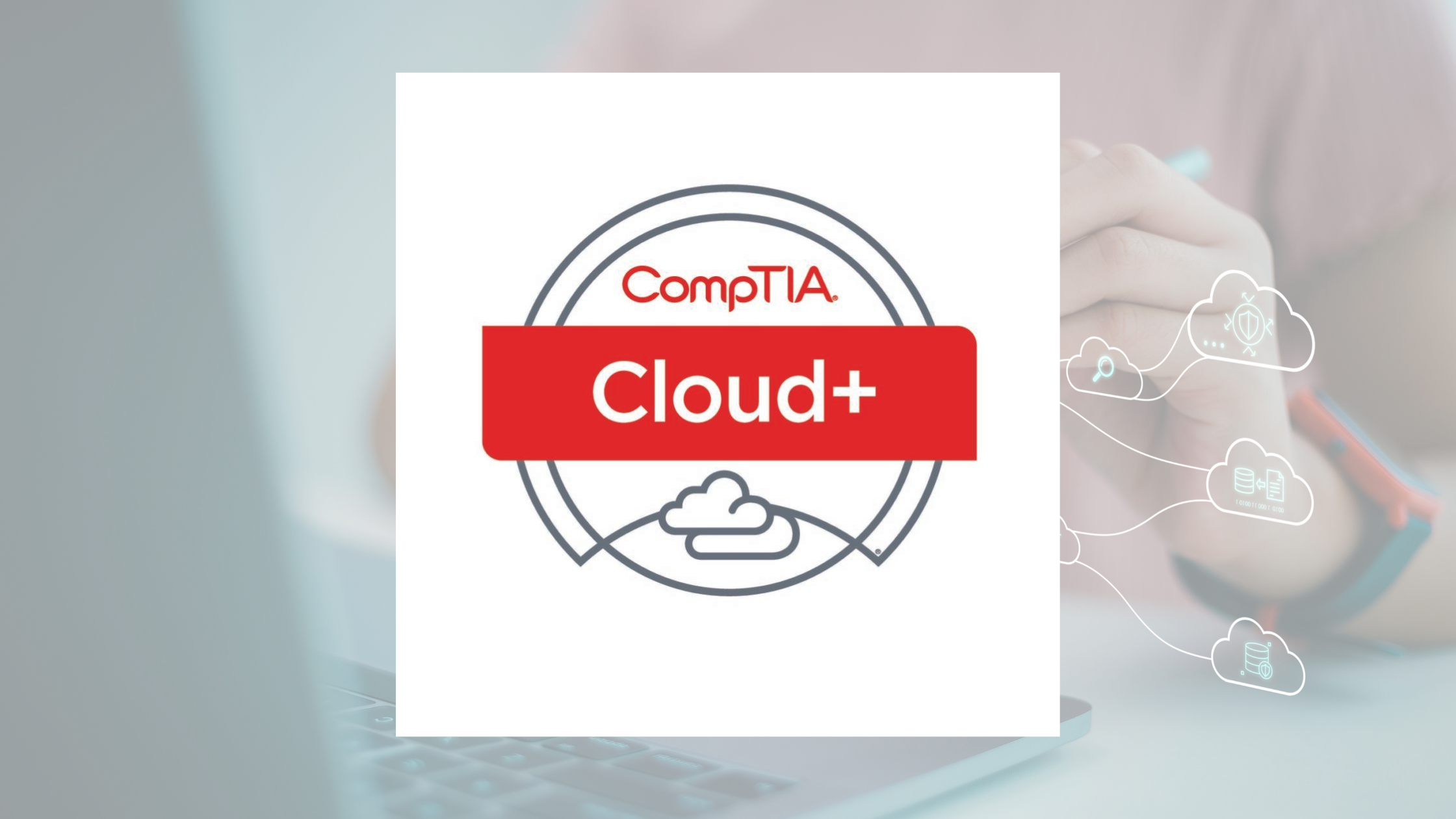Discover the total DCDC certification cost, including BICSI exam fees, study materials, and expert training in New York. Plan your data center career today!
In the rapidly evolving landscape of information technology, data centers serve as the backbone of global connectivity. As the demand for efficient, scalable, and resilient data storage grows, so does the need for qualified experts who can design these complex environments. The Data Center Design Consultant (DCDC) credential, offered by BICSI, has become the gold standard for professionals in this field.However, one of the most common questions for aspiring candidates is: What is the DCDC certification cost? Whether you are a consultant in New York or a facility manager abroad, understanding the financial investment required is crucial for career planning.In this guide, we will break down the costs associated with the DCDC credential, the value of the investment, and how you can prepare for success through specialized training providers like NYTCC.
What is the BICSI DCDC Certification?
The DCDC designation is a professional credential that recognizes an individual's knowledge in the design and implementation of data centers. Unlike general IT certifications, the DCDC focuses heavily on the integration of various systems, including electrical, mechanical, telecommunications, and security.
Why the DCDC Matters
Holding a DCDC certification signifies that you have the expertise to:
- Design data centers that meet modern efficiency standards.
- Integrate complex MEP (Mechanical, Electrical, and Plumbing) systems.
- Adhere to international standards such as BICSI 002.
- Optimize space, power, and cooling requirements.
Breaking Down the DCDC Certification Cost
The total DCDC certification cost is not a single flat fee. It is composed of several variables, including membership status, application fees, study materials, and training courses.
1. Application and Exam Fees
BICSI offers tiered pricing based on whether you are an active member of the organization.
- BICSI Members: Usually pay a lower rate for the exam, typically around $510 - $600.
- Non-Members: Generally pay a higher rate, often ranging from $710 - $800.
Note: Prices are subject to change by BICSI, so it is always wise to check their official portal for the most current figures.
2. BICSI Membership Dues
While not mandatory, becoming a BICSI member can lower your exam and material costs. Individual membership typically costs between $170 and $200 per year. If you plan on taking multiple certifications, the membership often pays for itself through discounts.
3. Study Materials (BICSI 002 Standard)
The DCDC exam is based heavily on the BICSI 002, Data Center Design and Implementation Best Practices standard. This manual is an essential resource.
- Digital/Print Manual Cost: Prices vary between $400 and $600, depending on membership status.
4. Training Course Costs
Self-study is possible, but many professionals choose a structured training program to ensure success on the first attempt. Training providers like NYTCC offer specialized DCDC prep courses. These courses can range from $1,500 to $3,000, depending on the duration and whether the training is in-person or virtual.
Secondary Keyword: Data Center Design Consultant Career Benefits
When analyzing the DCDC certification cost, one must also consider the Return on Investment (ROI). The "Data Center Design Consultant" role is one of the highest-paying niches in the infrastructure world.
Increased Earning Potential
Certified DCDCs often see a significant bump in salary. According to industry surveys, professionals with BICSI credentials earn roughly 15-20% more than their non-certified counterparts.
Global Recognition
The DCDC is recognized worldwide. Whether you are working on a project in Manhattan or a hyperscale facility in Singapore, the credential proves your competence to stakeholders and clients.
How to Prepare for the DCDC Exam in New York
For those located in the Northeast, finding a reputable training center is the first step. NYTCC (New York Training Center & Consulting) provides a dedicated DCDC Certification Program in New York designed to help students navigate the complexities of the BICSI 002 standard.
What to Expect in a DCDC Prep Course
A high-quality prep course should cover:
- Site Selection: Evaluating geographic risks and utility availability.
- Electrical Systems: Redundancy levels (N, N+1, 2N) and UPS systems.
- Mechanical Systems: Cooling architectures and airflow management.
- Project Management: The lifecycle of a data center build.
The Path to Recertification
The investment doesn't end with the initial exam. To maintain the DCDC credential, you must:
- Renew every three years.
- Earn 24 Continuing Education Credits (CECs).
- Pay a renewal fee (typically around $175 - $300).
Attending workshops and industry events is a great way to earn these CECs while staying updated on the latest data center trends.
Frequently Asked Questions (FAQs)
How hard is the DCDC exam?
The DCDC exam is considered one of BICSI’s more challenging tests. It requires a deep understanding of the BICSI 002 standard and the ability to apply design principles to real-world scenarios.
Are there prerequisites for the DCDC?
While there are no strict "prerequisites" to sit for the exam, BICSI recommends at least two years of experience in data center design or a related field.
Is the DCDC certification cost worth it?
Yes. For most professionals, the cost of the exam and training is recovered within the first year through salary increases or new consulting opportunities.
Can I take the DCDC exam online?
Yes, BICSI offers computer-based testing (CBT) through Pearson VUE centers globally, and in some regions, remote proctored options may be available.
Conclusion
Investing in your career is rarely a mistake, and in the world of infrastructure, the DCDC certification cost is a small price to pay for long-term professional stability. By understanding the breakdown of fees—from the BICSI 002 manual to the exam itself—you can budget effectively for your success.If you are ready to take the next step and want to ensure you pass on your first try, consider enrolling in a professional training program. For those in the New York area, NYTCC offers the expert guidance needed to master the material and join the elite ranks of Data Center Design Consultants.The data center industry is booming. Don't let the lack of a credential hold you back from the most lucrative projects in the field. Start your DCDC journey today!
